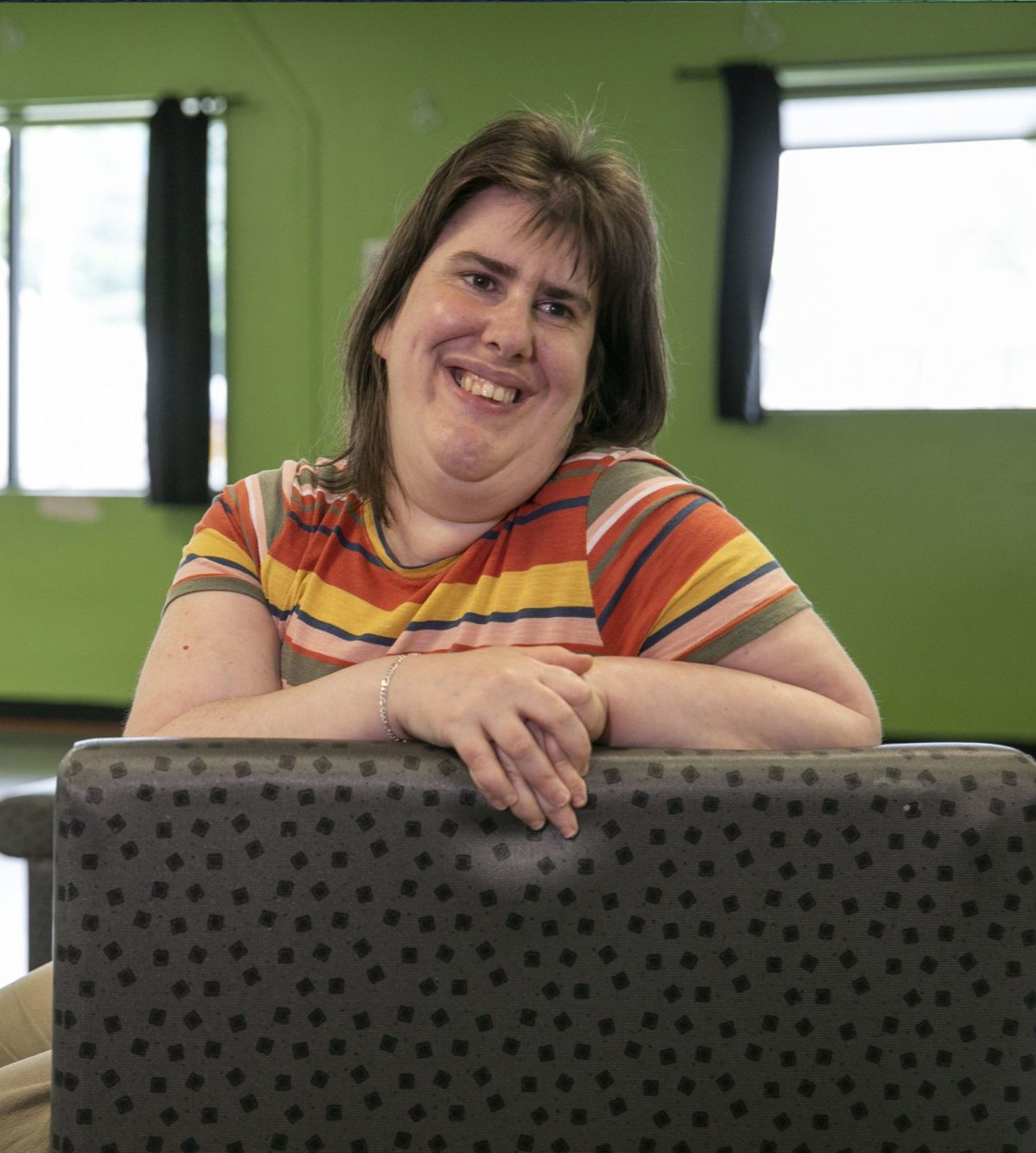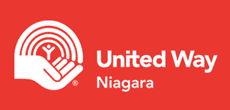SOCIAL ISOLATION
More than just loneliness
Social connectedness and a strong community build an important foundation for which individuals can experience equity and feel included. Without a sense of belonging and connection to your surroundings, social isolation can begin to take hold, affecting your health and your wealth. People who are socially isolated are at a higher risk of developing health problems, slipping into poverty and experience a higher rate of mental health challenges and mortality. For Niagara to continue to grow and succeed as community, it’s going to take all of us. That’s why United Way strives to leave no individual feeling isolated or excluded.
Seniors, individuals in poor health, and people in the shelter system are disproportionately affected, and social isolation has hit them hardest. When someone loses their connection to the neighbourhood they call home, it can change how they perceive others and the community they live in. No one should feel alone or have to experience emotional and physical challenges on their own. We must increase connectedness for the most vulnerable in our circles and ensure they can access the support and programs they need to enjoy life.
The Facts:
-
1 in 5 people in Niagara have experienced some form of social isolation.
-
Half of Canadians who experience isolation/loneliness report poor mental health.
-
Social isolation significantly increases a person’s risk of premature death from all causes.
What are we doing about it?
United Way’s social isolation strategy supports programs and initiatives that help individuals build meaningful relationships and feel more included in their communities. We fund programs that focus on creating opportunities to participate in community, forming and maintaining social networks, and establishing inclusive environments where people live, play, and work. Our support allows those with disabilities to access the supports they need to continue thriving, helps youth access programs that connect them with community groups and allows individuals on the poverty line remain housed and a part of their neighbourhood.

Meet Cindy
“As a person with an intellectual disability, it’s not always so easy for me to reach out. Yet, I know I have much to offer because I am sociable, friendly, and cheerful. It’s important for me to have friendships. I have to overcome other obstacles because of my diminished vision and partial paralysis, but I find ways to look after my personal needs. That is why I rely on United Way-supported programs. They help me with social interaction, learning and recreation. Since joining the program, I have gained more confidence. Before, I was too shy to ask for help. Today, I am learning to communicate with others, to say things in the right way and to apply my filters. It was tough during the pandemic, I felt isolated. United Way support means I can have more control over my life. Thank you for helping.”
